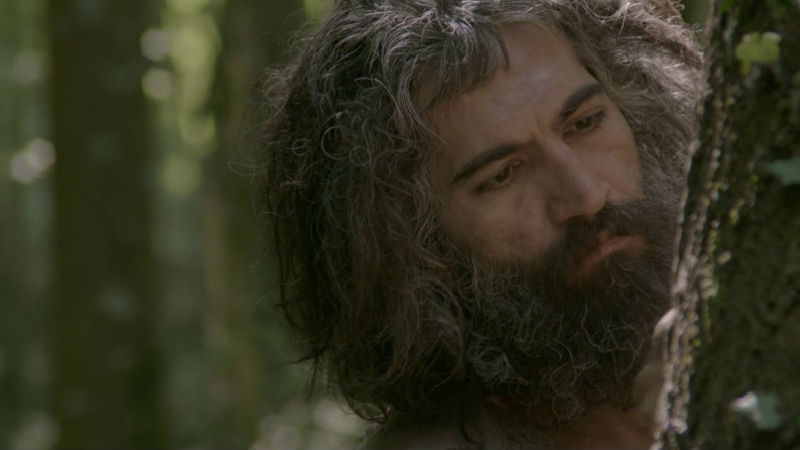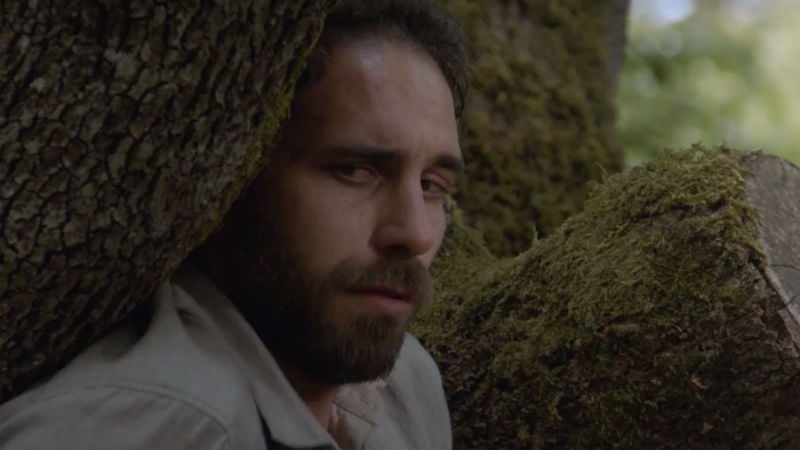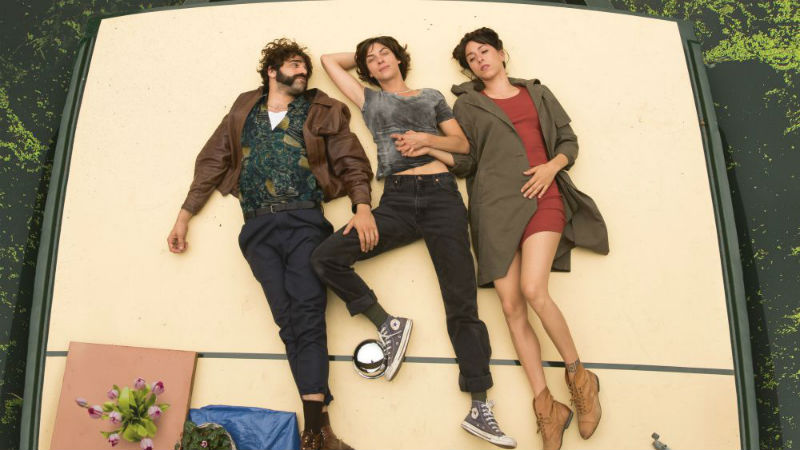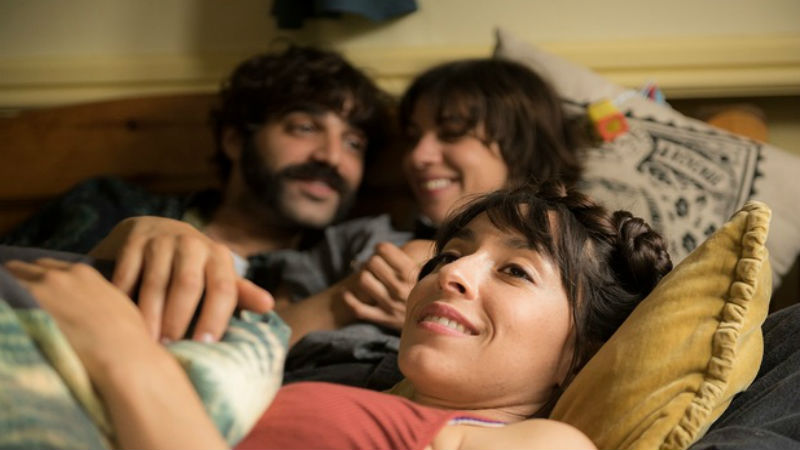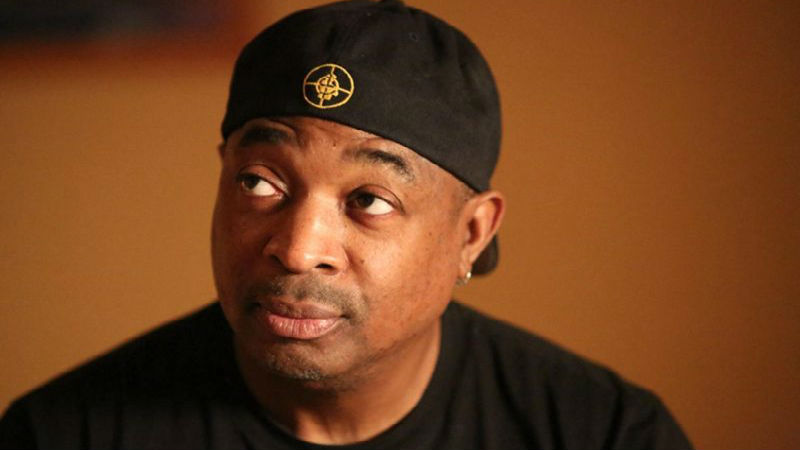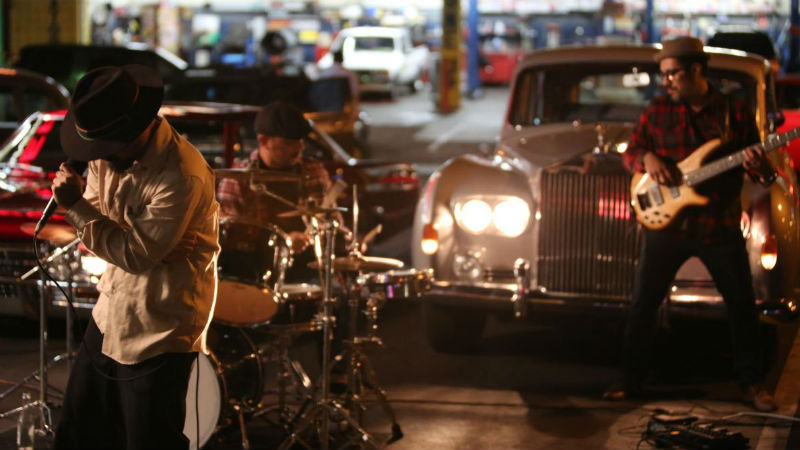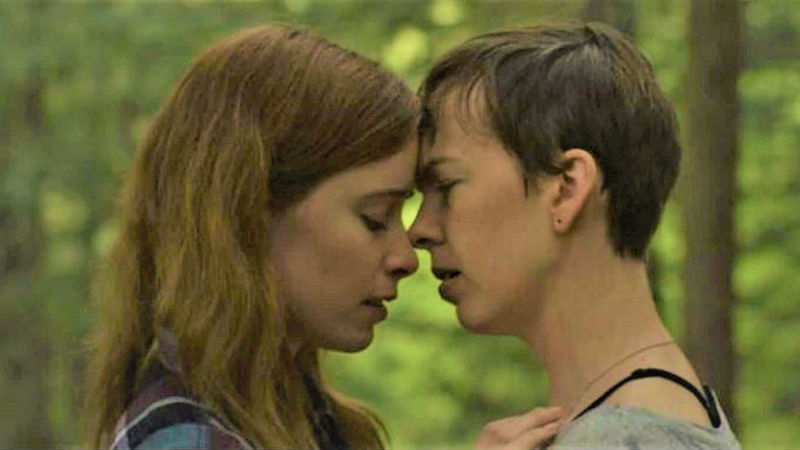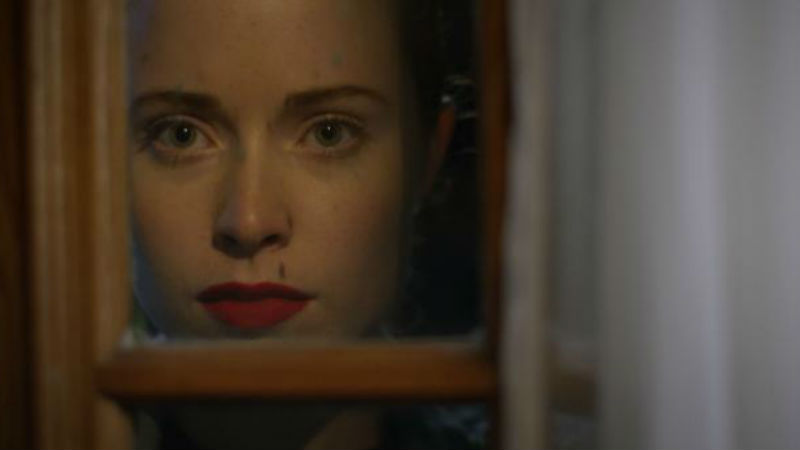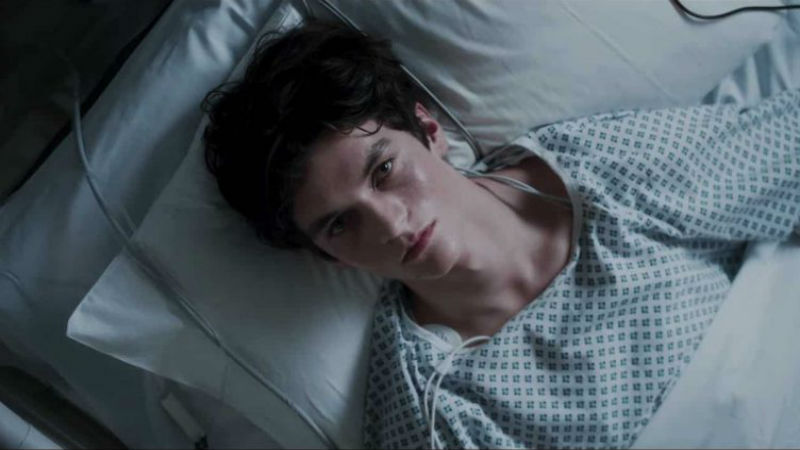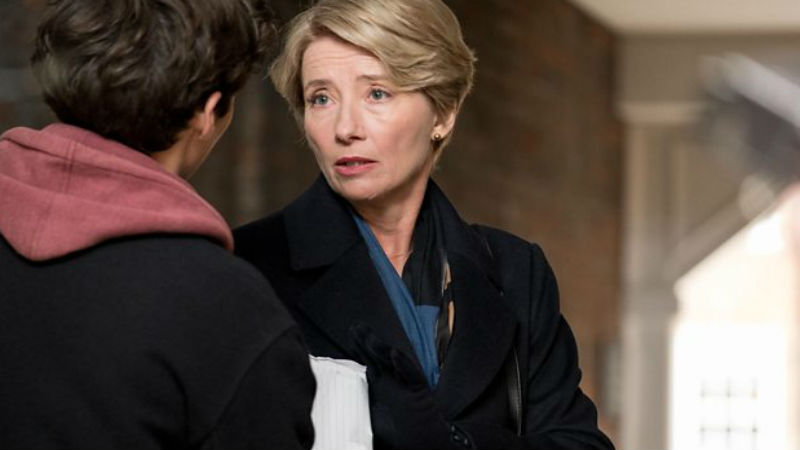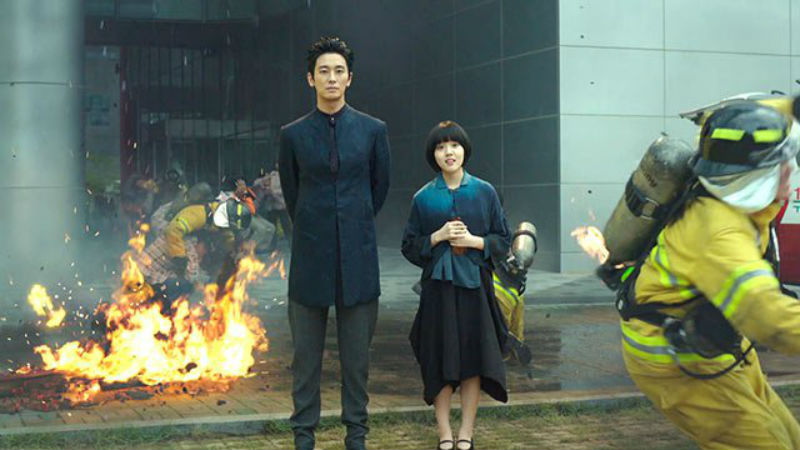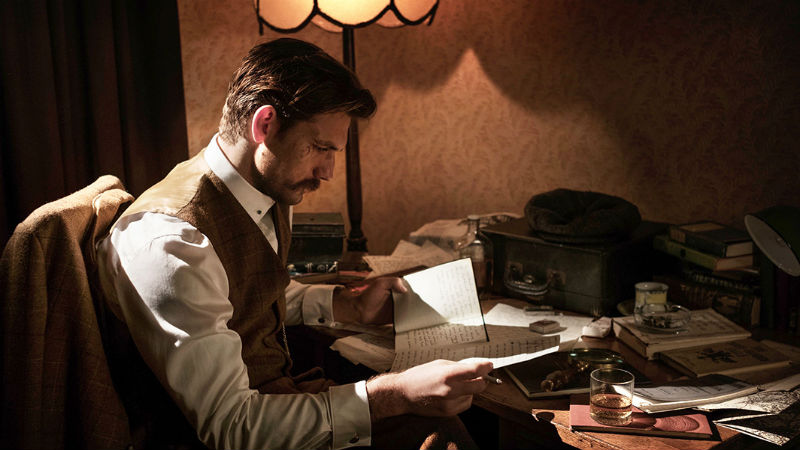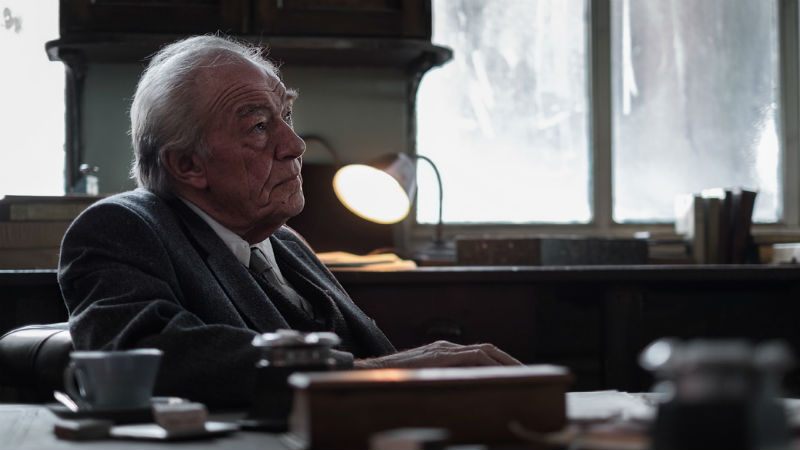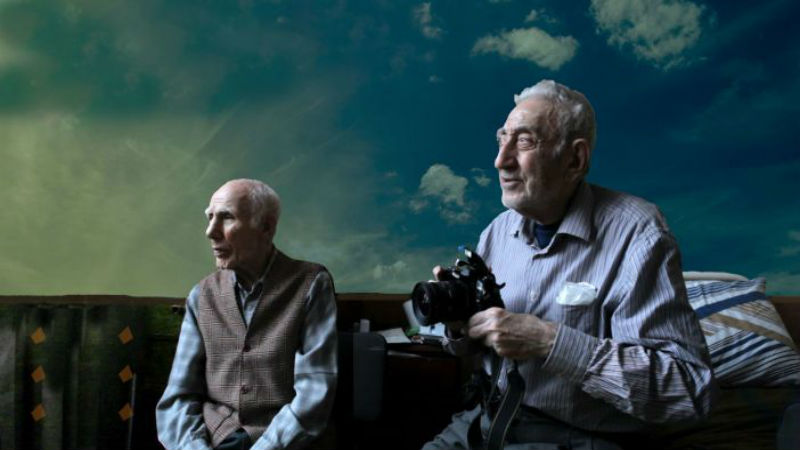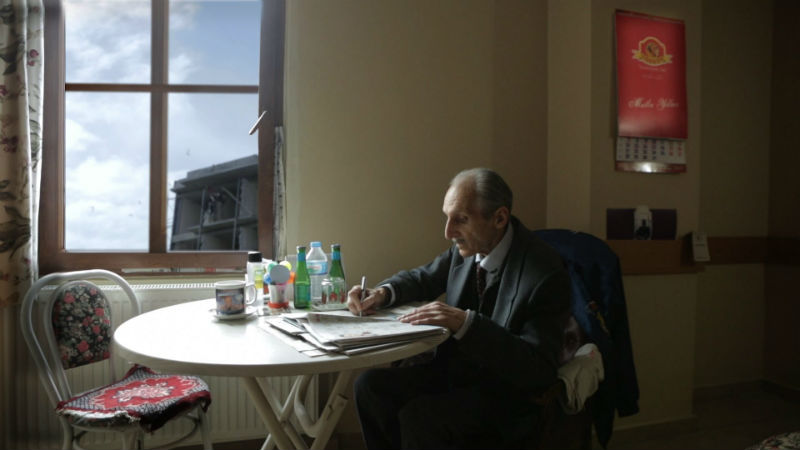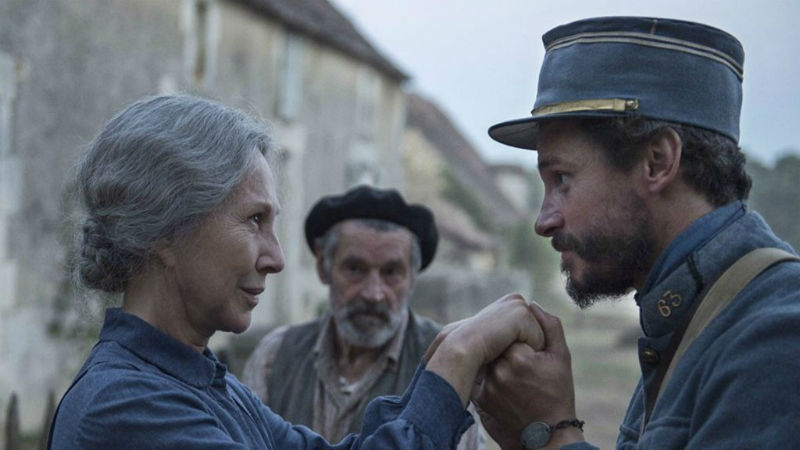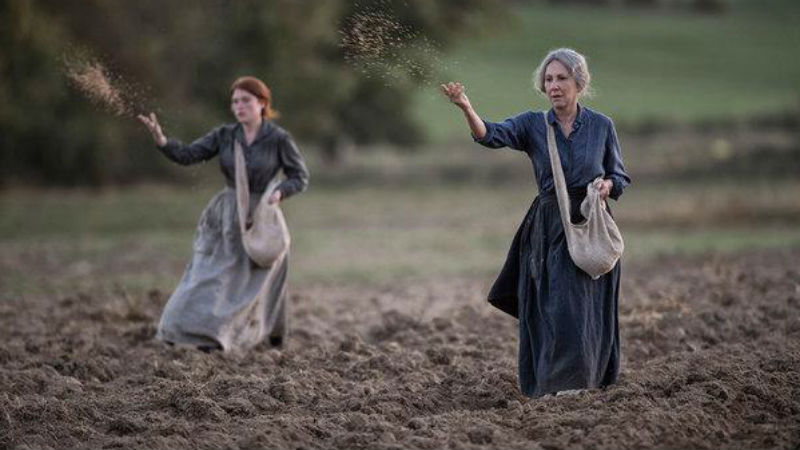QUICK SNAP: LIVE FROM VENICE
You have probably heard of Bruce Weber, the photographer and the occasional filmmaker. He’s best remembered for his black and white shots of Abercrombie & Fitch’ sexy shirtless men. This time, he delivers another type of American masculinity, one covered in many layers.
The documentary Nice Girls Don’t Stay For Breakfast is a tribute to Hollywood’s anti-hero Robert Mitchum (who passed away in 1997 shortly before his 80th birthday). Weber could have made a film about a more gentlemanly personality, such as Cary Grant or Clark Gable – the kind of stars that always had their hair combed. But Weber said that he has always been fascinated with bad guys – those rare celebrities who enthusiastically shun good manners, a little bit like Jack Nicholson.
Shot at times in colour and at times in a grainy black and white, the doc is a jazzy collection of anecdotes from the people who worked with him, or simply admired him. It includes interviews with Johnny Depp, Liam Neeson, Benicio Del Toro and his granddaughter. She recalls an occasion when she prevented her father from committing suicide. Johnny Depp reveals that there are two boogeymen hidden inside in his closet: Bela Lugosi’s Dracula and Robert Mitchum.
Mitchum also had a more romantic side, particularly when it came to music. The film is titled after the eponymous Julie London song, Mitchum’s all-time favourite. He co-starred with her in The Wonderful Country (Robert Parrish, 1959) and never missed a concert. You will also see footage of Robert Mitchum recording a jazz album that was never been released at Capital Records in Los Angeles. His hoarse voice is manly and yet melancholic. You will meet an entirely different man as he chats and sings with Marianne Faithfull. He’s playful and warmhearted.
He talks to flirtatiously to female fans on the phone, sharing recycled jokes and exposing his self-deprecating humour. Everybody knows that Mitchum has always been a ladies’ man. He had countless affairs, and perhaps he fell in love many times. Yet never left his wife Dorothy (who also happened to be high school sweetheart). Even the most adventurous of Casanovas needs stability, or – let’s say – a mother dressed up as a wife. It’s unclear why Dorothy stood by her man.
Nice Girls Don’t Stay For Breakfast is wild at heart, honest, glamorous and very, very jazzy. It is showing as part of the 75th Venice International Film Festival, which is taking place right now.









